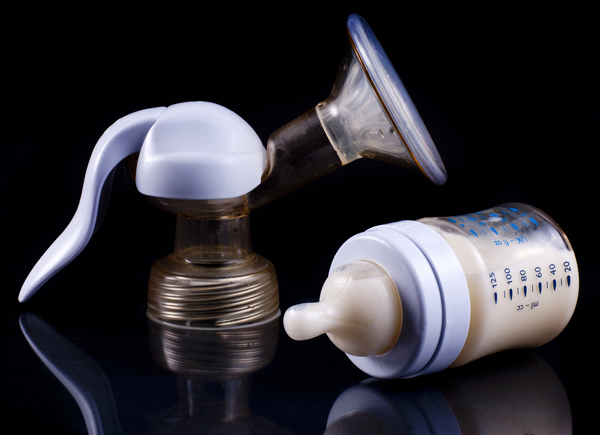Breast Pump Industry Is Booming Thanks To ObamaCare


Some of the provisions within the Affordable Care Act pertaining to women’s health have gotten plenty of media attention. The requirement for insurance companies to pay for contraceptives, for example, has received plenty of press from proponents as well as opponents. But as some terms of the plan took effect Jan. 1, it’s another provision that is surprisingly causing women—especially new mothers—to take notice: Insurance companies are now required to cover breast pumps and lactation counseling at no cost to the patient.
“This was a medical service that is advantageous for both women and babies, so we thought it should be seriously considered,” Judy Waxman, vice president for health and reproductive rights at the National Women’s Law Center, who testified on the subject before the federal panel that set the guidelines, told the Washington Post. “Turns out, that they decided to seriously consider it.”
As the insurance companies, not the government, pay for the pumps, they are fulfilling the obligation in various ways. The ACA does not specify if insurance companies must cover all brands or types of breast pumps, but instead directs insurers to pay for “the cost of renting breastfeeding equipment” needed for each birth. Breast pumps available for rental are generally larger, more durable—and more expensive—than the pumps sold commercially.
According to the Post, while some companies such as Blue Shield of California have opted to only cover rentals, UnitedHealthcare decided to cover rentals as well as purchases in hopes of saving money through the latter option.
“The law states that we must provide rental pumps,” UnitedHealthcare spokesman Matthew Stearns told The Post. “These pumps are hospital-grade, and they are larger, harder to clean and more expensive than personalized pumps for women. We are providing women the option of getting a personal pump in lieu of renting the more-expensive pump.”
Still, the ACA doesn’t make it so easy that a mother or expectant mother can simply go to the nearest maternity store and purchase the breast pump of her choosing. Some insurers require patients to purchase equipment from a medical supplier, but many medical suppliers have not yet signed contracts with insurers for breast pump products. Hopefully in the next few weeks those details will be ironed out and new mothers will have free access to a product for which they previously had to pay around $300 or more.
[Image via Shutterstock]









































